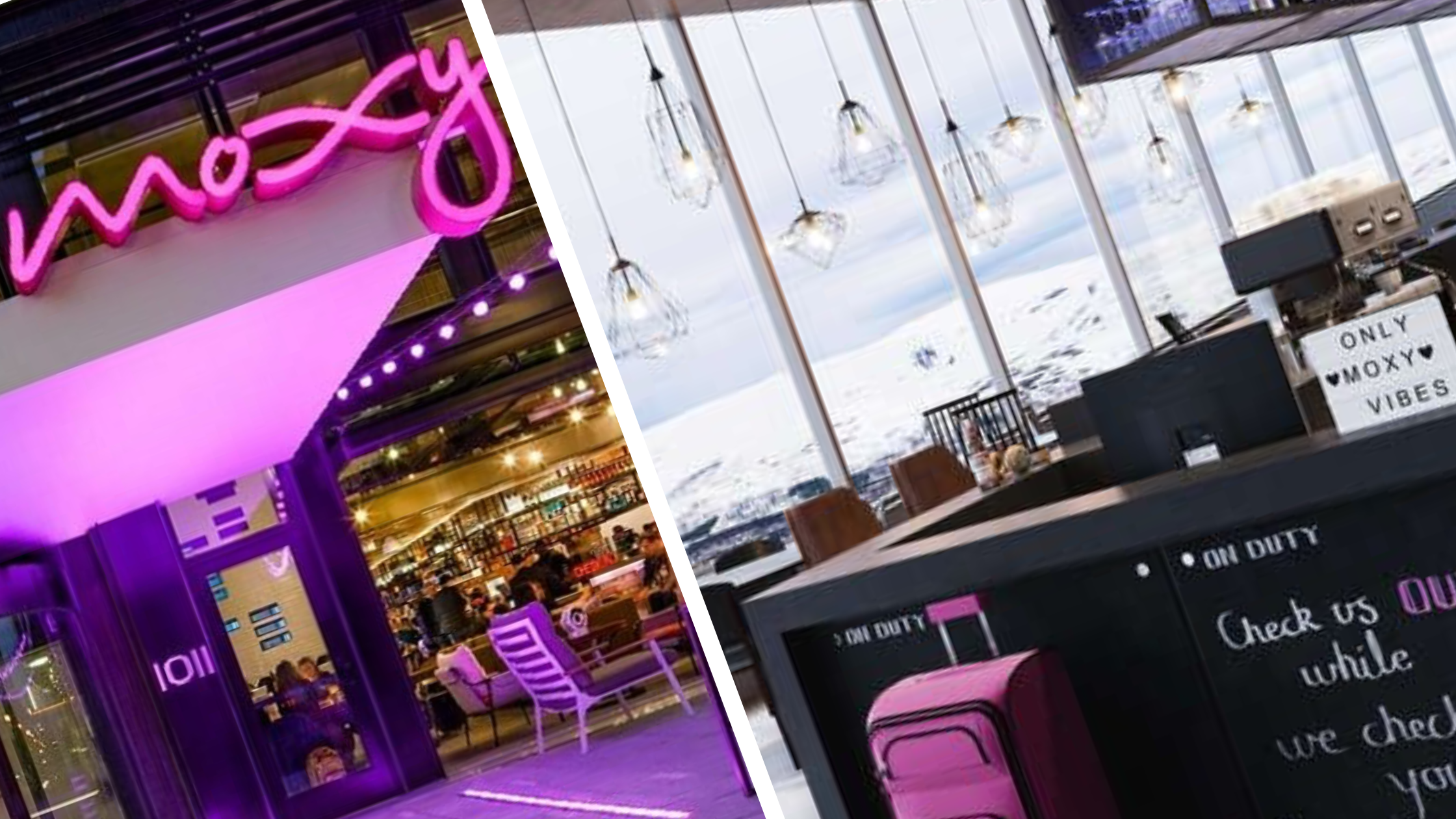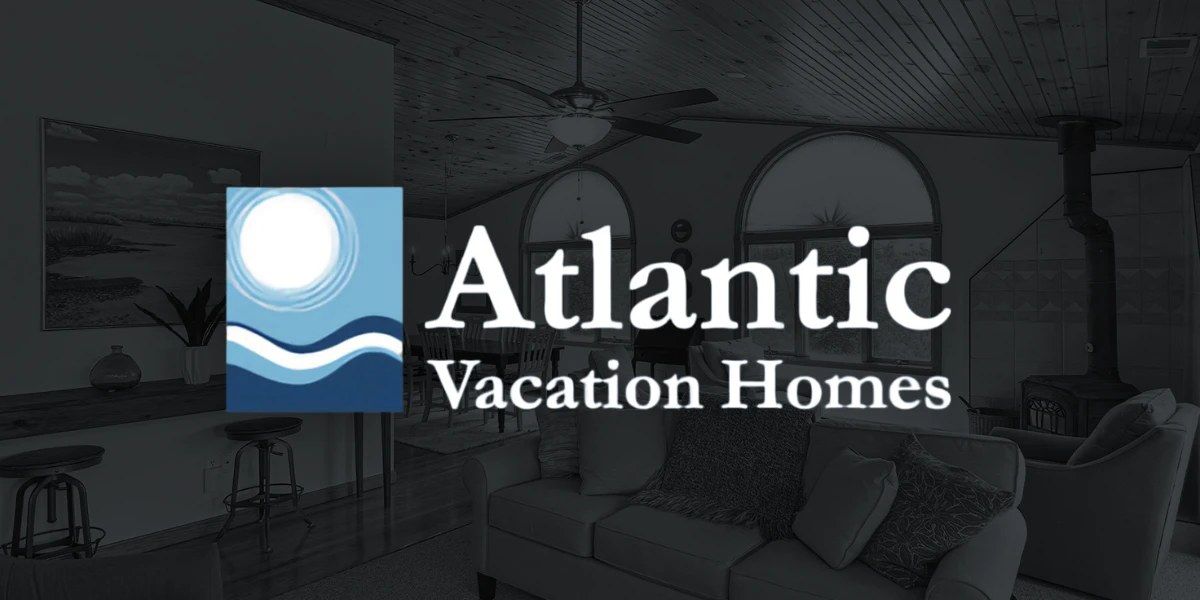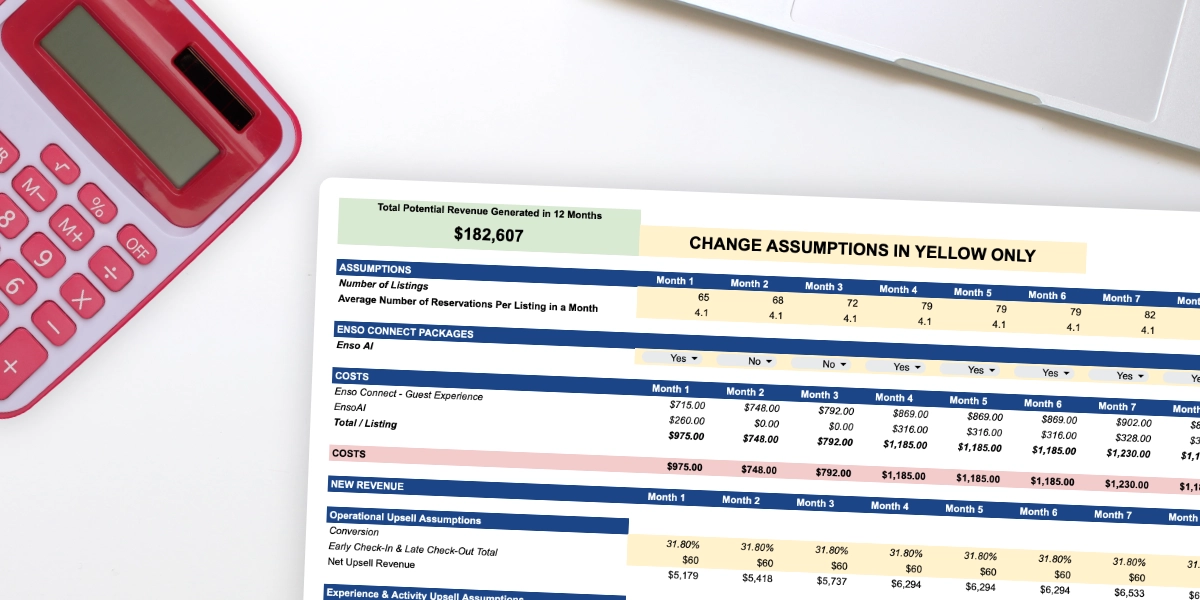How we travel and where we stay has undergone a fundamental shift over the past decade, and even more so in the past year. The rise of platforms like Airbnb and other short-term rental services has dramatically altered the landscape of the hospitality industry. This shift, combined with changes in decision-making and purchasing power, as well as evolving expectations for travel experiences, has set a new standard for what hospitality should look like.
Travelers now seek unique, personalized experiences that go beyond traditional hotel offerings. They want accommodations that reflect their preferences, provide convenience, and offer a sense of home away from home. This shift has not only changed the way properties are marketed but also how they are managed and operated.
As we look to the future, it’s clear that the process of adapting to these changes is fluid. What travelers and renters desire today may evolve rapidly, influenced by emerging trends, technological advancements, and shifting cultural norms. To remain competitive and continue meeting these evolving demands, the hospitality industry must stay agile, embrace innovation, and anticipate future needs. The ability to adapt to these changes will be key in delivering exceptional experiences and maintaining relevance in an ever-changing market.
Transitioning Short Term Stays to Longer Term Stays

In April of this year, Airbnb announced that they were introducing new features aimed at longer-term stays, as they’ve identified this as a growing segment of their business. Coupled with the COVID-19 pandemic, short let stays are becoming less and less popular. In previous years, Airbnb was open to hosts offering longer durations, but it wasn’t a core feature of their business and was done on a case-by-case basis. In 2019, however, they found that one in every seven nights booked was for a longer term stay. So, they started to really look at their booking data.
Analyzing their reservation data from earlier this year, they found that just in the last 2 weeks of March 2020, they saw the number of guests booking longer-term stays in their own cities nearly double, while 80% of their hosts were open to accepting longer-term stays. As well, as many as half of the company’s active listings provided discounts for stays of one month or longer.
Hence, a needed pivot in strategy. Now over 1 million listings offer monthly stays, with key amenities such as full kitchens, laundry facilities, keyless entry, and WiFi. While it seems like the rest of the hospitality industry took a hit with the COVID-19 pandemic, and to a certain extent the disruption in travel did impact everyone, Airbnb found that essential workers and healthcare workers needed to find places to stay in their own cities, and contributed to the growth of long term rentals. As Airbnb started to popularize this, other booking sites such as VRBO followed.
But it’s more than just people finding places to self-quarantine. Airbnb is seeing more students, doctors and nurses in residency, as well as people in long-term work assignments, choosing to convert a short rental into a 6-9 month stay. Already this year, Airbnb has seen bookings for more than 600 consecutive days, with the longest being 700 days so far. These rentals offer the comforts of home, and a feeling of normalcy for dislocated travelers, as compared to the traditional trappings of a hotel or typical rental apartment. With one or two rental ‘perks’ such as an automated cleaning service and an invested host a quick text or email away.
Millennials are the Future and They Want Unique Experiences

As of 2019, Millennials have overtaken Baby Boomers in the US workforce, with the global workforce not too far behind. This is the group that will be in charge well until 2034, at which point they’ll concede the floor to Gen Z. When it comes down to which group travels more, Boomers vs. Millennials, the answer goes contrary to logic. Baby Boomers might be entering retirement and have more time and savings, but Millennials, despite the poor job markets and lack of savings, tend to travel more than any other generational group – averaging 35 days a year. So while neither group can be ignored, and the only way the hospitality and short term rental industry can thrive, is to evolve to cater to the next generations. So what does that mean?
Millennials are looking for experiences and to get the most from their trip. They want to spend their money on things that are convenient, comfortable and exciting. They aren’t focused on what they’re getting from the vacation, but how it makes them feel and the value it will add to their lives. They want mom and pop restaurants over national chains, they want to get off the beaten track and do something that’s never been done before, and they don’t want to get bogged down in the minutiae of travel. They also want social proof that their experience has merit.
This is a social generation. Everything is documented and done on their phones and through social media. This is how they plan events, communicate and build relationships. They also share their opinions and recommendations on social media. So if a hospitality business wants to be a part of the travel plans, they need to be where they are. Catering to millennial travellers means you’re an active part of the conversation. You’re monitoring your star ratings, you have up to date reviews, and are reviewing guests and addressing any negative comments that come your way. But it’s also important to be present and social during the reservation.
Millennials want that next level of hospitality. They have questions, and they’d like answers. They want a seamless experience of booking, room/property access, activity recommendations, and smart technology to take away any guesswork in how to control the temperature, use the entertainment system, or access the WiFi. They want an automated rental that takes care of everything. That is an experience worth paying for and talking about.
Old Threats and New Inspirations
Airbnb has over 6 million rooms, apartments and homes in over 81,000 cities across the globe. On average, 2 million people are in an Airbnb each night. This doesn’t include other OTA’s and booking sites. But it hasn’t been an easy road for any short term rental agency. Many markets all over the world have cracked down with rules and restrictions, forcing short term rental agencies, as well as hotels, to get creative.
For example, Paris is one of Airbnb’s largest markets with over 65,000+ listings in town. In 2018, the city cracked down on the rentals; telling hosts that they have to register with the city government and can only list their homes for 120 nights per year. In Japan, nearly 80% of the country’s Airbnb’s were pulled off the site that same year, due to home sharing laws and fire safety standards for hospitality.
But the company didn’t take this lying down. Instead, they partnered with the real estate industry, offered a revenue share and launched the Airbnb Friendly Building Program in the US, while also building a fleet of NYC apartment-style luxury hotel suites exclusively for Airbnb guests in 2019. In France, Airbnb partnered with real estate company Century 21 to offer renters Airbnb-friendly leases. What this accomplished was changing the paradigm of what the short term rental industry is. Now, rooms, apartments and even some full homes are specifically built to be monetized as short term rentals in the Airbnb mold. Moving into 2021, this evolution is only set to grow globally. As well, to combat some of the biggest challenges and pain points that property managers, homeowners and cities face with short term and vacation rentals, Airbnb and other companies have implemented “party prevention” policies and technologies to ensure that those that book via their portal are upstanding, quiet, and are well-reviewed. Some markets have instituted age limits – no one under 25 can book an Airbnb in Toronto, for example. In other markets, they have offered discounts for hosts to purchase noise sensors that gauge, but not record, sounds. Moving into next year and beyond, these sites will only find themselves becoming more responsible about who’s using their inventory.
Hotels Making a Strategy Pivot

Understandably, this has the hotel and hospitality industry in an uproar. Traditionally, hotels weren’t able to play in the same space of having an online marketplace, cheap rates and unique venues. On top of that, hotels are subject to regulations and fees that Airbnb wasn’t paying, and stealing away up to 42% of their guests, according to a Morgan Stanley report. As Airbnb keeps on pivoting to meet challenges head-on, the hotel industry has been panicking.
This has pushed hoteliers and property managers towards better practices, such as finding unique and creative properties that are different from the traditional hotel experience. Something like the Marriott Moxy concept that’s more of an uber chic, boutique hostel, and is driven by the Marriot Bonvoy app for booking, checking in, and unlocking your room. Marriott also launched their Homes & Villas program midway through 2019, offering over 2,000 premium and luxury homes globally. Other hotel chains are looking to follow. Those that don’t want to enter the rental market, have dedicated themselves to updating and renovating their existing spaces, to appeal to new markets and travellers. Investing in keyless entry and mobile technology, as well as upgrading entertainment options, the future of hotels and hospitality is looking to rebound among travellers.
Moving into the end of 2020 and beyond, home-sharing isn’t going to go anywhere, and neither is the hospitality industry. Especially not after 2020’s impact on global travel. While there’ll be an influx in travel once the world is opened fully, it bears repeating that travellers are savvy, technologically driven, and want the best possible experience that their host can offer. Now, more than ever, it’s time to step up.




